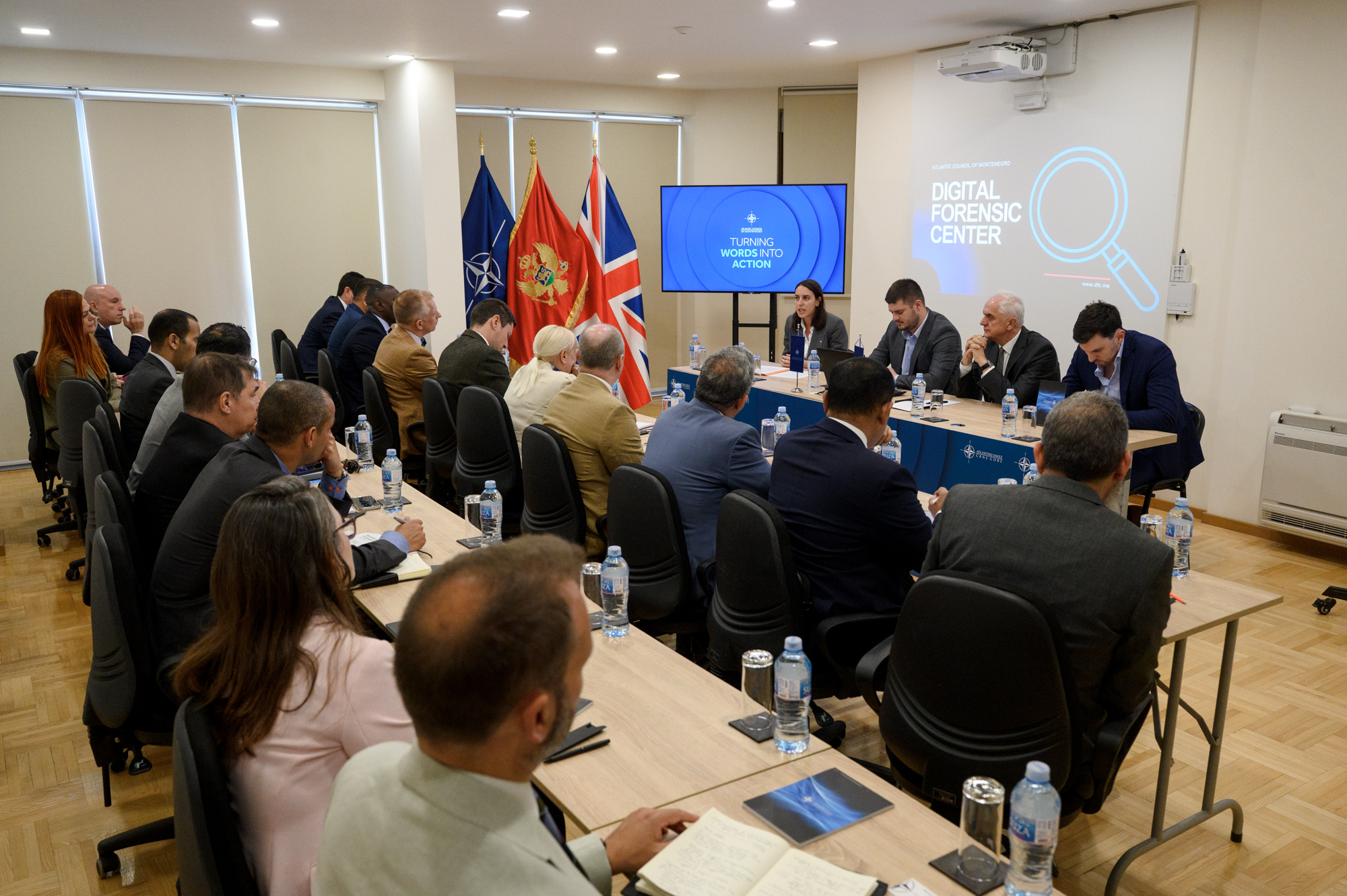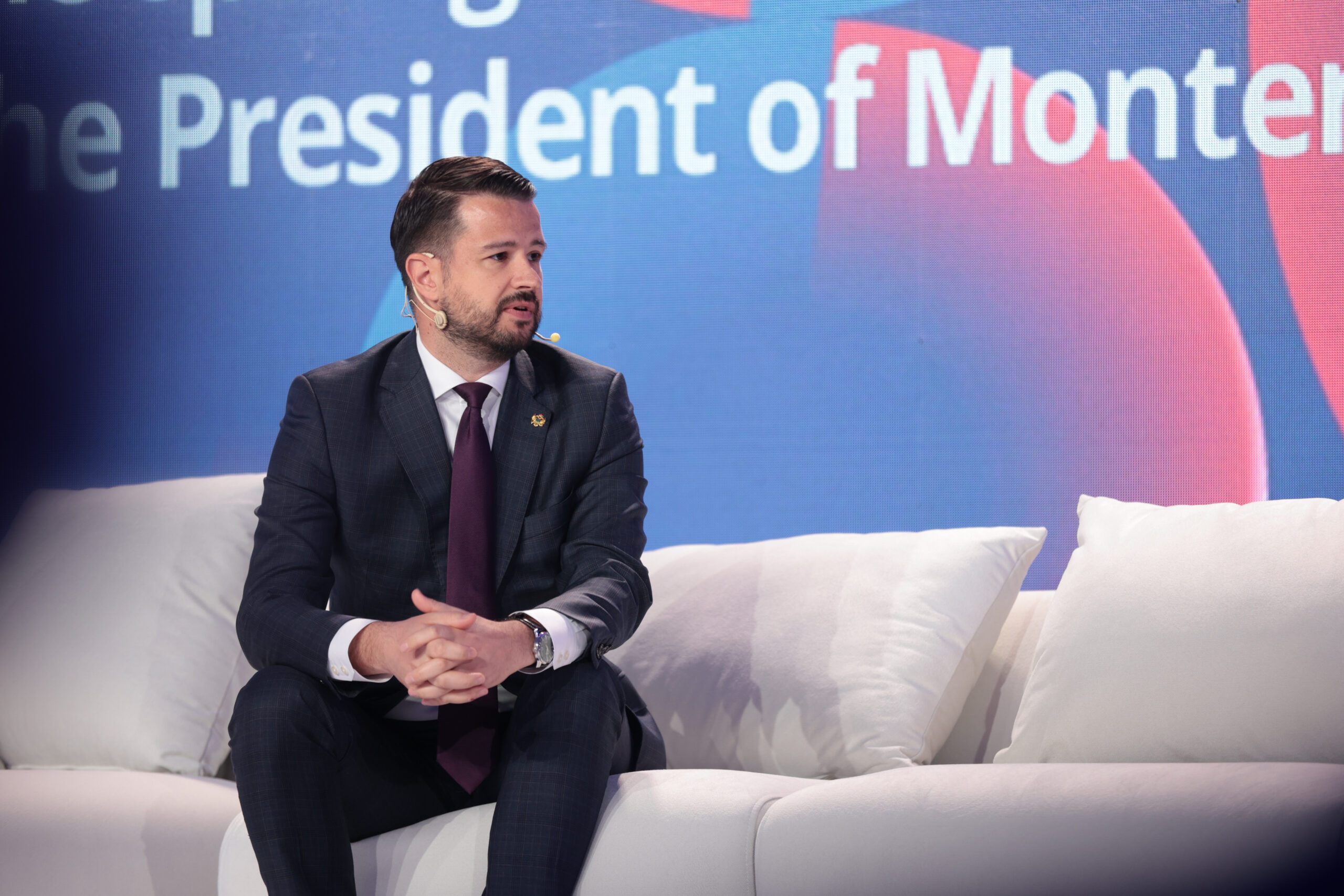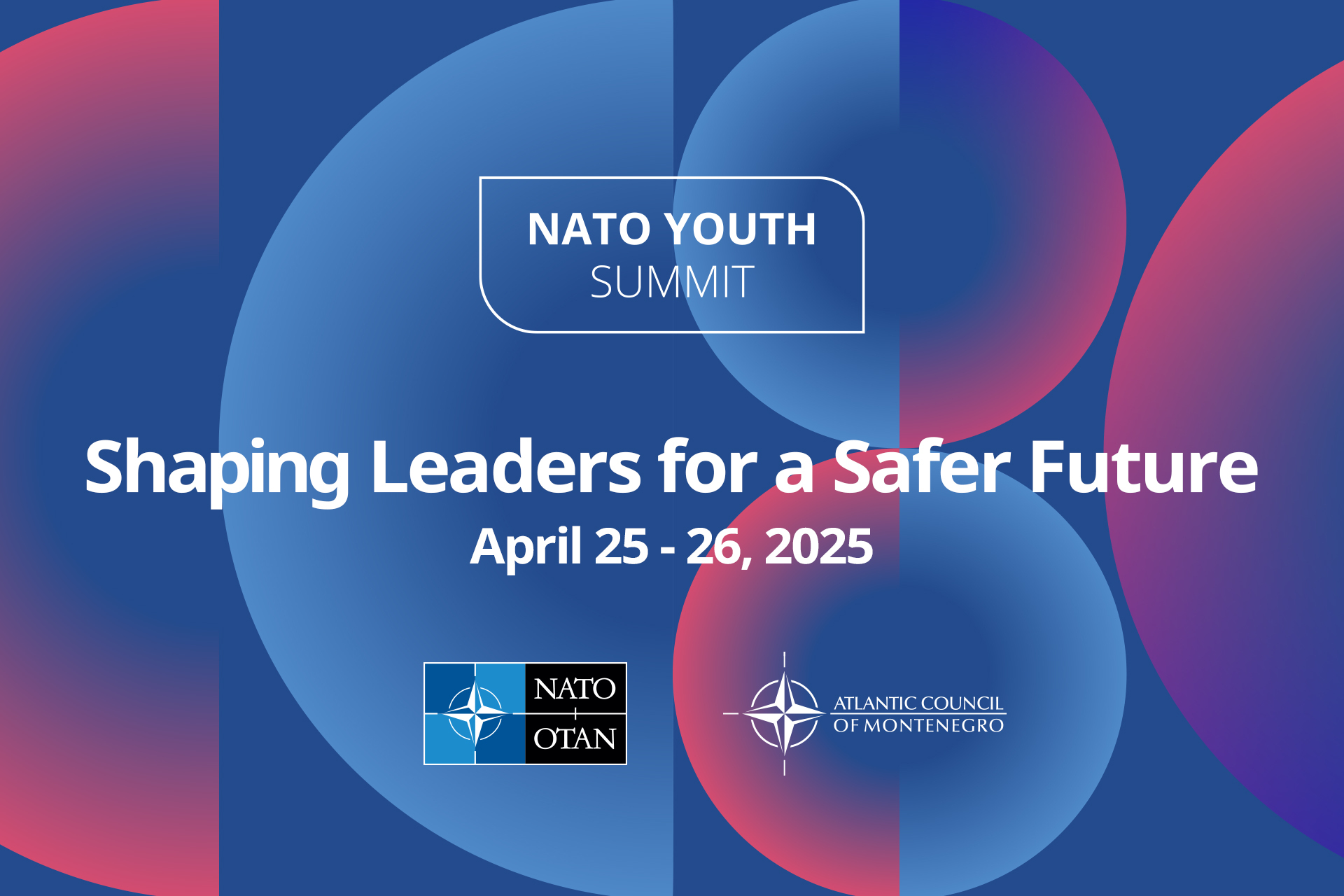In order to face the challenges brought by digitalization and technology development, cooperation through all levels of society is necessary, was concluded by participants of the third Online Talk session organized by the Atlantic Council of Montenegro.
The participants of the online session titled Western Balkans Security Challenges in a Digital World were Damir Marusic from the American Atlantic Council, Laura G. Brent from Center for a New American Security, Milan Sekuloski from Center for Digital Acceleration, DAI, and Irina Rizmal from PwC. The panel discussion was moderated by Milica Pejanović-Đurišić, a Member of the Governing Board of the Atlantic Council of Montenegro.
Milica Pejanovic Djurisic explained that in her experience and when it comes to the Western Balkans is a clear lack of intention on consolidating a unique approach, which has been lacking when it comes to protection from cyber threats. Pejanovic Djurisic believes that raising awareness on this issue is the first phase as it can prove to be very useful in deciding the way how will digital development go further. Referring to the examples of disinformation, Pejanovic Djurisic emphasized how this challenge jeopardizes our human rights and that the region is not an exception adding that the protection of our human rights and freedoms is underdeveloped. Pejanovic Djurisic also stressed that the response from the state and institutions when it comes to protecting those who are subject to online attacks was not adequate, and proportionate enough in the sense that it could discourage future such behavior.
Addressing the panel, Damir Marusic stated that the U.S. Atlantic Council is extremely committed to strengthening cyber security and combating foreign malign influence. However, he also noted that the common occurrence, not only in the Western Balkans but in America as well as the home-grown disinformation, disinformation that is coming from within our society. That trend was further accelerated by the COVID-19 pandemic, he added. Marusic pointed out that during the pandemic, the use of technology has increased and that it is evident that our online life makes our democracies weaker. It is necessary to invest much more effort in thinking about the effects of rapidly evolving technology on democracy, Marusic believes. When it comes to the Western Balkans, he emphasized that digital was not on this year’s Open Balkans summit agenda.
Laura Brent from the Center for a New American Security believes that security and technology issues are too complex for a unified approach to this challenge. According to her personal experience, the most successful way to counter cyber threats is to use different approaches and to find ways for different organizations and institutions to cooperate. She pointed out that technology is changing and developing much faster than the government does, and this will continue in the future, especially from the aspect of regulation. Brent pointed out that the demand for clearer regulation is necessary to continue alongside building partnerships when it comes to tackling these challenges.
Speaking from a personal stance, Milan Sekuloski pointed out that digitalization has brought many benefits in society, but also new challenges. According to him, the Internet has brought about the redistribution or decentralization of power. He added that the decentralization of power has led to the decentralization of threats. Sekuloski especially pointed out that state and state institutions cannot provide complete security in cyberspace. He added that even countries like the United States rely upon private companies. What is common in the Western Balkans region is that the governments feel that they are not able or do not feel the need to react to cyber threats because they come from far away Sekuloski highlights.
Irina Rizmal said that the digitalization process has started before the pandemic, but that the consequences of Covid-19 significantly accelerated that process. Rizmal expressed fears that the concept of digitalization often does not go with cyber security. She emphasized that the lack of awareness about cyber security did not only exist in the nation-states and at the national level, but also in the private sector. However, last year’s global research at the level of executive directors conducted by PwC, found that cyber threats were identified among the top five threats to business, except in the Central and Eastern Europe region where cyber threats were ranked among the top ten biggest threats. Rizmal especially emphasized that it is necessary to raise awareness about cyber security through all levels of society.








